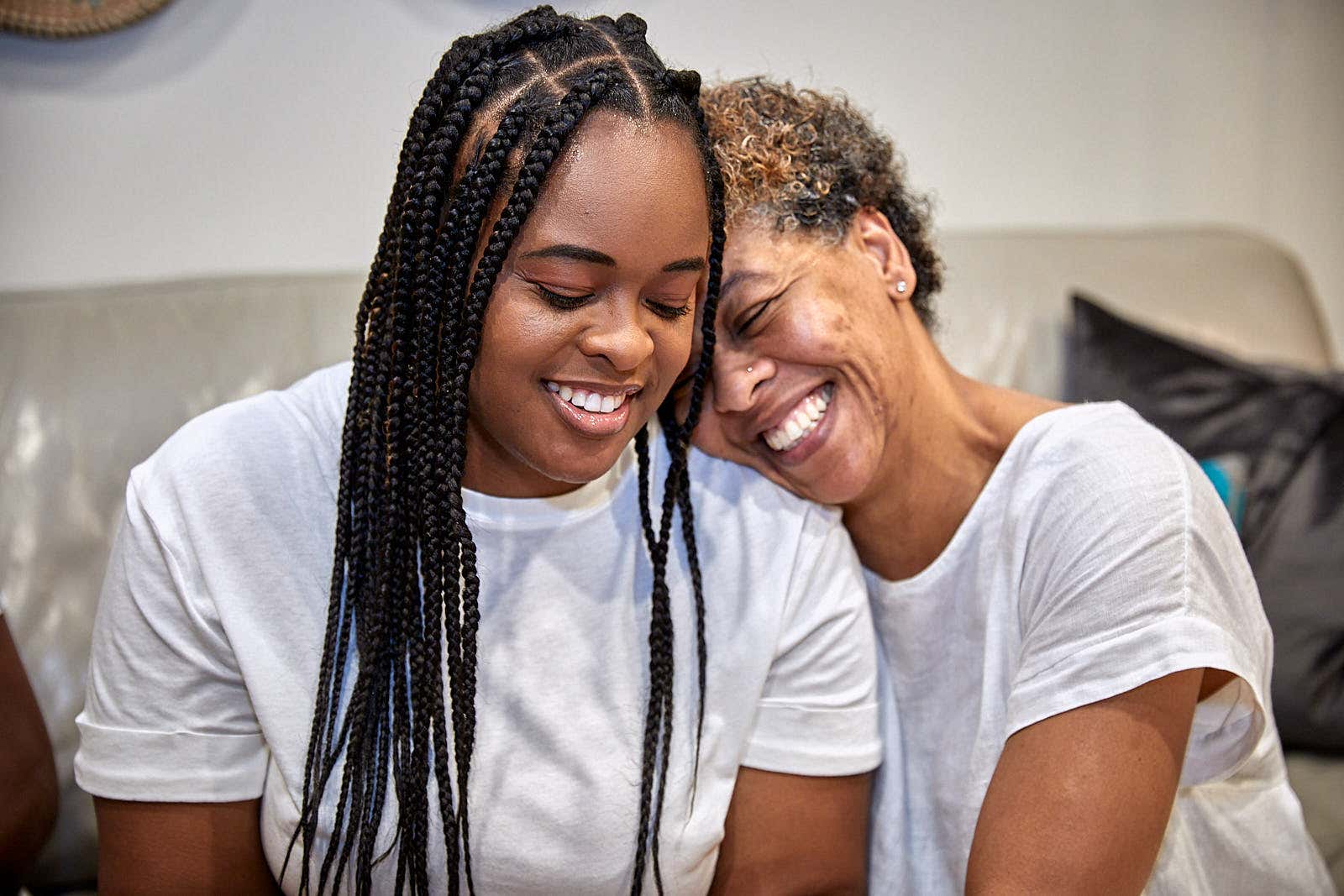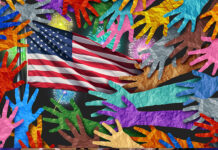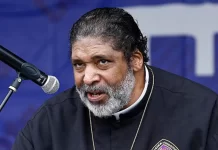
In November, by the time District Attorney Alvin Bragg announced his decision to end his prosecution, outrage over Tracy’s case had reached a fever pitch.
Tens of thousands of New Yorkers—including prominent doctors, nurses, domestic violence survivors, respected domestic violence organizations, and celebrities—had thrown their support behind the #StandWithTracy movement.
Initially, there was no in-depth coverage of Tracy’s case outside of vague references to a stabbing on the Upper West Side in the New York Post back in March 2020. According to Siobhan Dingwall, a communications specialist and volunteer with the advocacy group Survived and Punished (which pushed for Bragg to drop Tracy’s charges), that’s typical of a case like Tracy’s—especially when they involve Black women.
“Sharing Tracy’s story in a way that centered her and her family, and made connections to the stories of other criminalized survivors, was critical early on,” says Dingwall. Read more

















